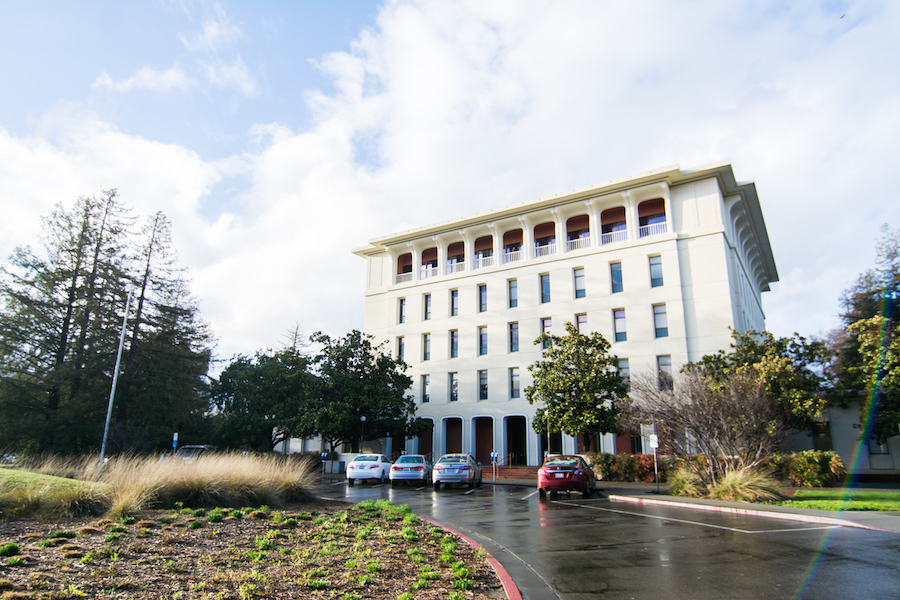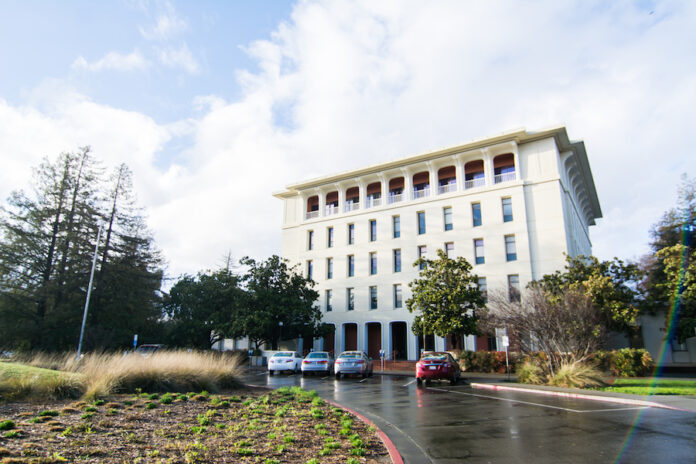
 A discussion impossible to ignore in a racially-minded society
A discussion impossible to ignore in a racially-minded society
Police shootings, ethno-nationalism and political correctness have pushed the ugly issue of race back into the national limelight. 61 percent of Americans in 2016 acknowledged widespread racism against African Americans, and 41 percent perceived the same against whites. Observation has come with an ugly side effect — America’s view on race relations declined to its lowest measured point since the Rodney King riots in 1992. President Trump’s dubious use of a bully pulpit is unlikely to assuage Americans back into the blissful colorblindness of the past.
California’s public universities are bastions of this newfound racial consciousness. Our campuses are platforms for activists to shut down local micro-aggressions and protest national macro-aggressions. Questions of racial privilege are raised in almost every political conversation. Yet the conversation of race-based college admissions, an issue pertinent to students, has largely been side-stepped. This avoidance is dishonest and wrong.
Affirmative action has been banned in California public universities since the 1996 election, when Proposition 209 amended the California Constitution to prohibit discrimination on the basis of race, gender and ethnicity. Back then, the topic was more openly explored.
Walkouts and demonstrations on UC campuses against Prop 209 rivaled the backlash to President Trump’s election last year. Its victory edged out Bill Clinton’s re-election and California’s legalization of medical marijuana for The California Aggie’s election-day headline. Our editorial pages brimmed with columns and letters on the merits of affirmative action.
Proponents of affirmative action argued that racially-conscious admissions procedures help root out entrenched institutional racism and evaluate minorities more fairly at elite universities. Opponents countered that America had evolved past the worst aspects of racism, and that colorblind admissions are the fairest measure of merit.
Both sides have been vindicated. High-school GPAs, test scores of admitted students and graduation rates of enrolled students have increased, to the glee of affirmative action opponents. The fears of its proponents have also come true — Black and Hispanic communities, 6.5 and 38 percent of California’s population respectively, made up a paltry 2.5 and 13.5 percent of UC Berkeley’s enrolled freshman class in 2016.
This disparity is alarming, especially considering the socioeconomic opportunities correlated with elite university education. Those with elite college degrees live longer and earn more than their less educated counterparts.
Yet our activist peers who clamor about racism ignore the glaring inequality in front of them, even when UC admissions are in the news. Compared to the backlash in the 1990s, hardly a peep was heard on campuses when Governor Jerry Brown vetoed affirmative action authorization in 2011 or when lobbyists prevented a Prop 209 repeal from making the ballot in 2014.
Why has the chatter of the 90s lulled to a murmur? The establishment of race-conscious admissions today would not be at the expense of the privileged white male. In fact, whites are also underrepresented at UCs relative to their share of the California population. Diversity proponents would instead have to take up arms against another minority — Asian Americans.
Asian Americans make up 14.7 percent of California’s population, yet represent a whopping 42.3 percent of UC Berkeley’s freshman enrollment. If admissions were based on the racial picture of California, their enrollment would plummet. As a result, wealthy Asian American families have formed special-interest groups to block attempts to reinstate affirmative action, as they did in 2011 and 2014.
This does not fit the typical narrative of white privilege. But that’s not a fair reason to stop the conversation on campuses. If progressives wish for Latinos and African Americans to overcome their institutional disadvantages and earn more college degrees, they must acknowledge that privilege is not solely the domain of whites, that racism does not affect all non-white people in the same ways and stand up to Asian American special interests. And those against affirmative action ought to defend disproportionate Asian enrollment by articulating the concept of merit.
This discussion will be especially difficult, as college admissions hit close to home for many UC students. Yet it’s one we must endure to continue down the road toward racial justice.
Written by Sid Bagga — sidobagga@gmail.com
Disclaimer: The views and opinions expressed by individual columnists belong to the columnists alone and do not necessarily indicate the views and opinions held by The California Aggie.





